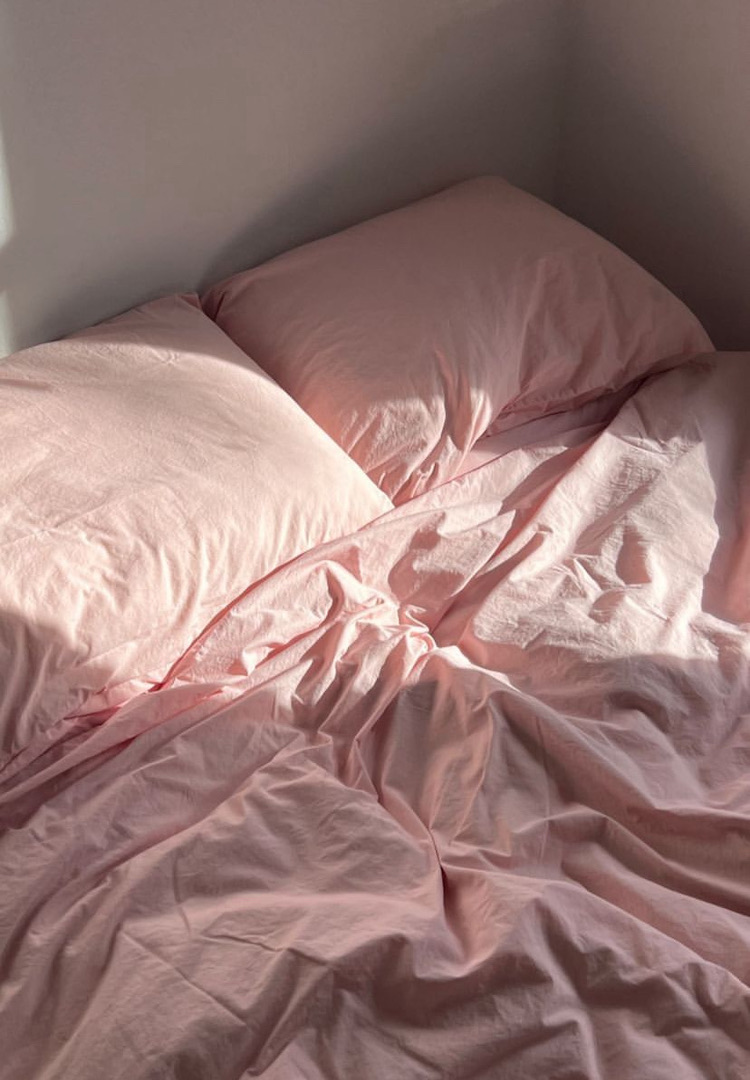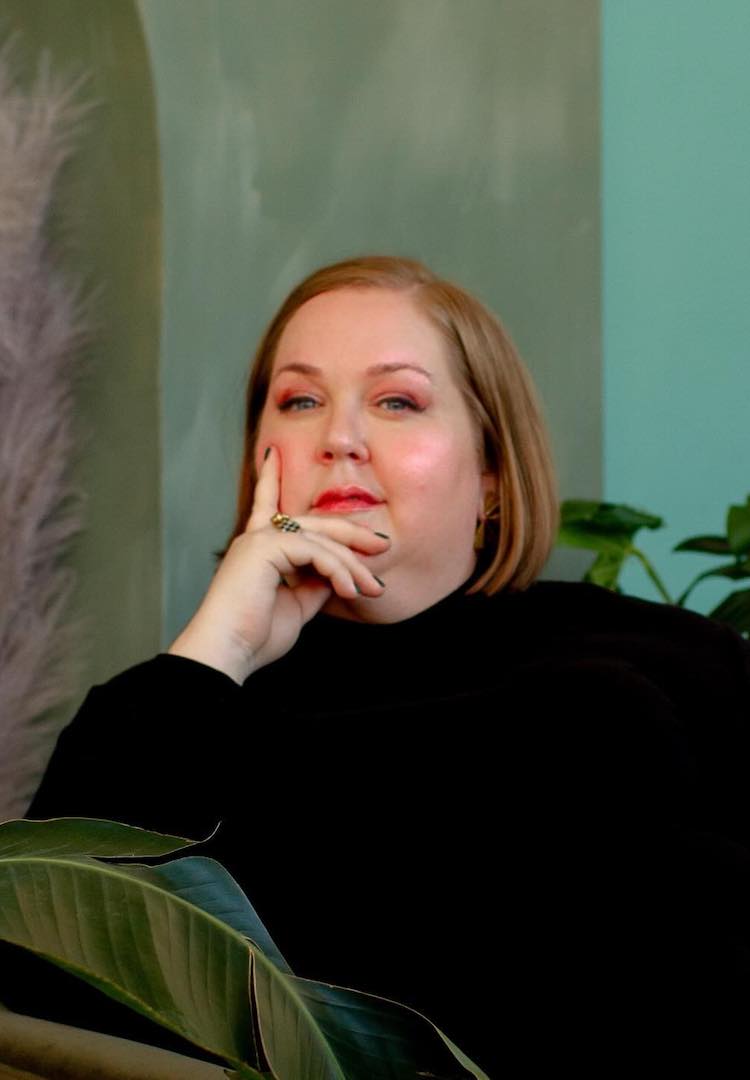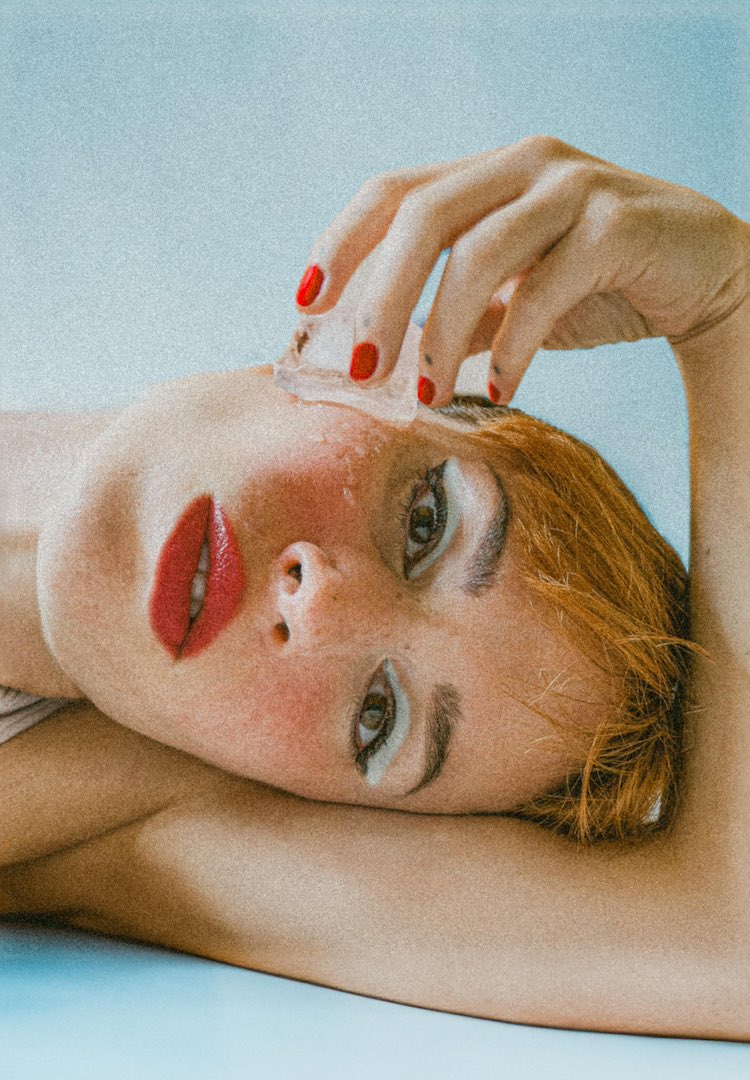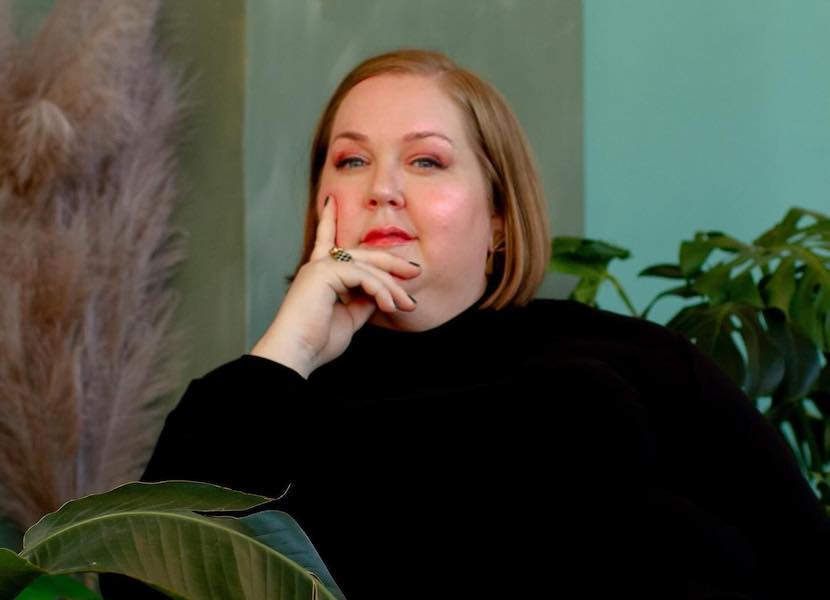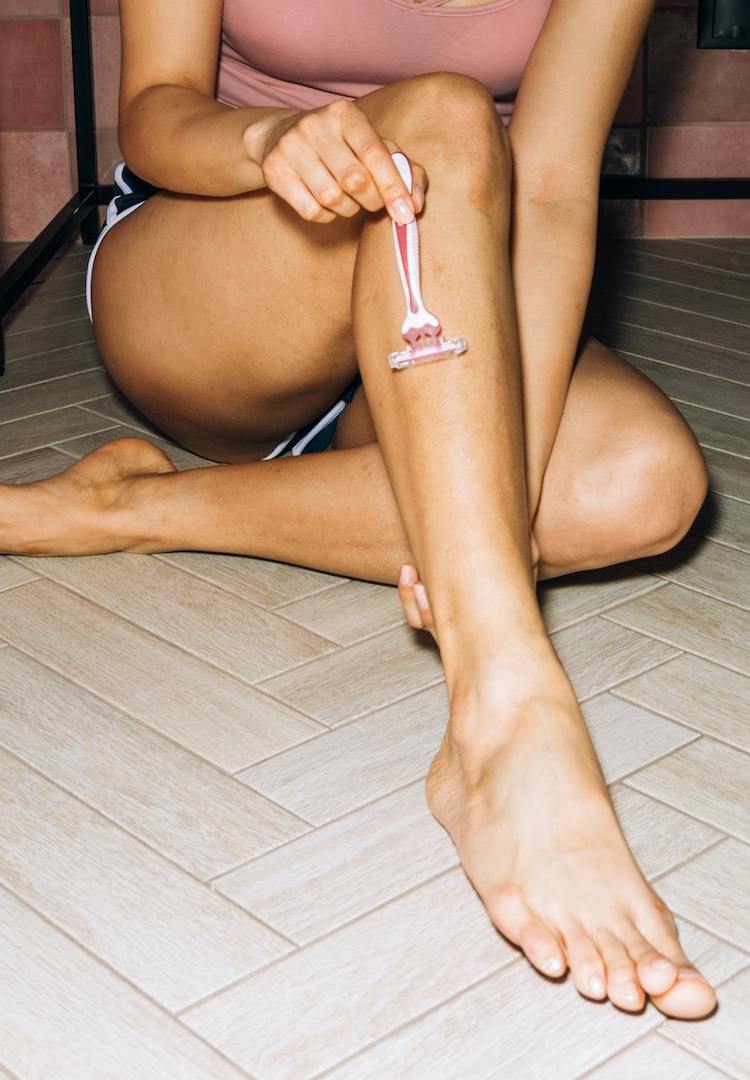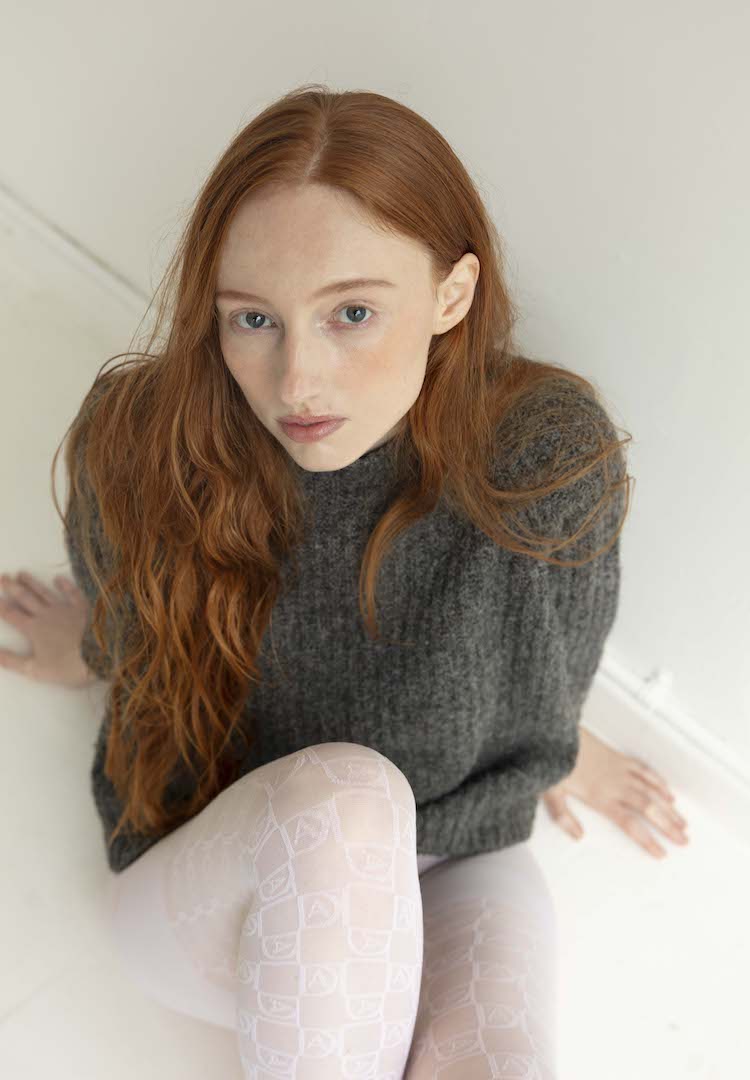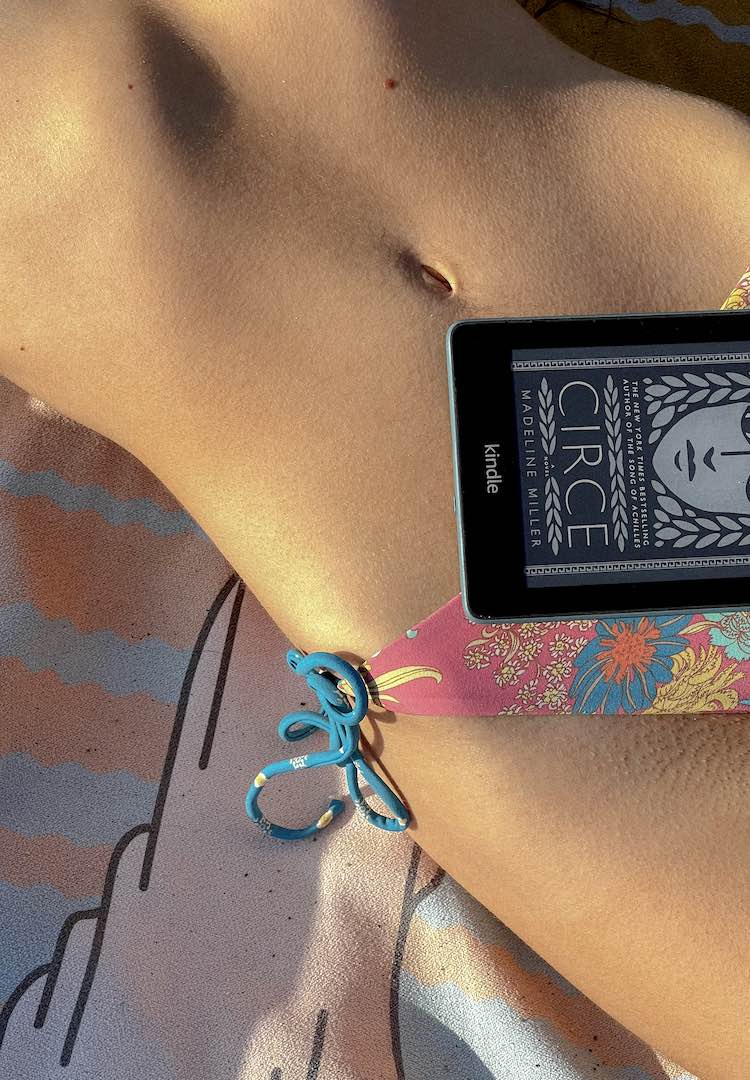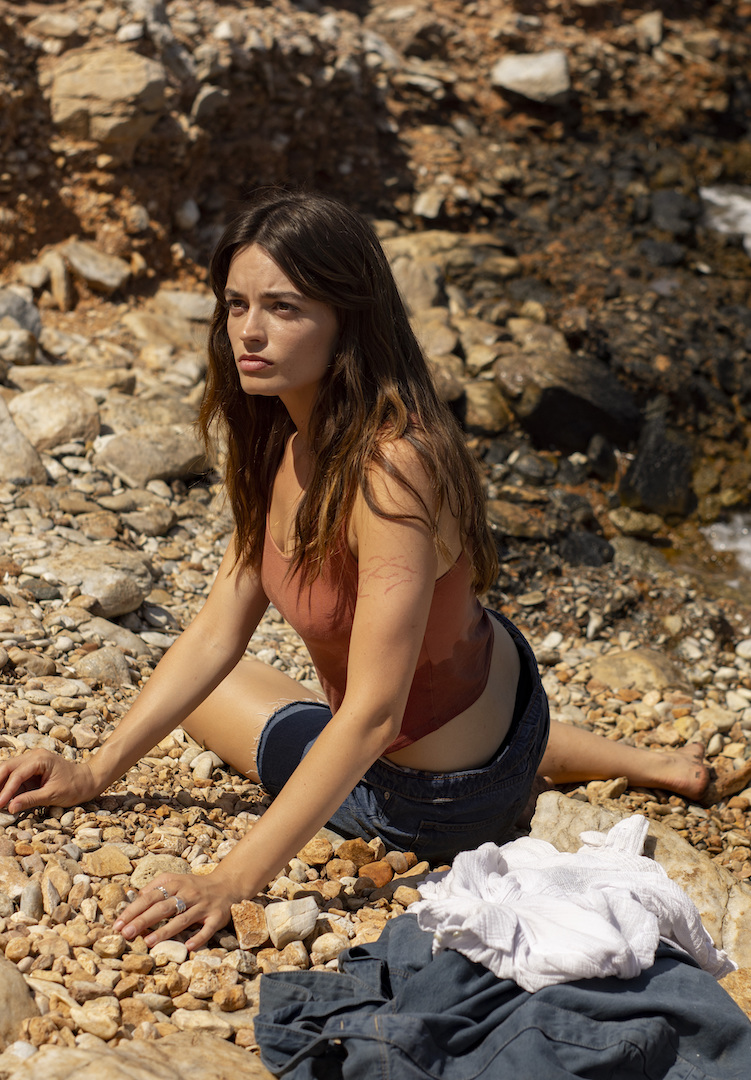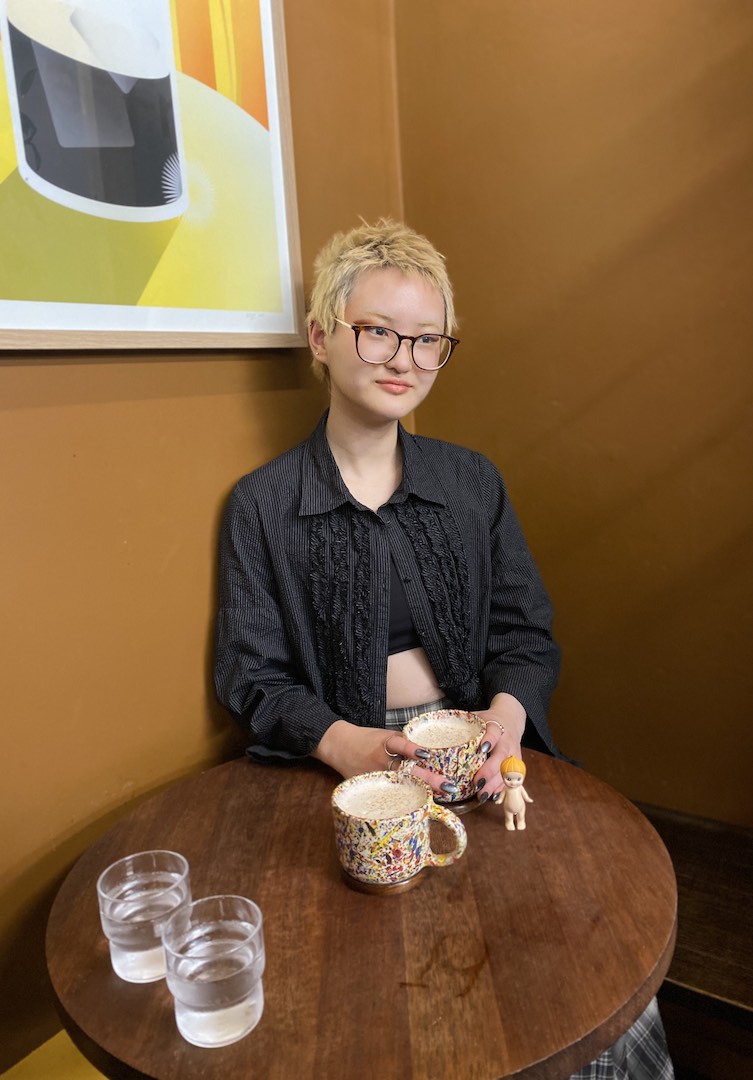My thoughts while watching ‘Your Fat Friend’, as a fat person
Image via @yrfatfriend/instagram
Words by Alexcea Apostolakis
“Genuinely, it’s the first time I’ve ever been able to relate or recognise myself in this way in the media.”
We need to talk. We need to talk about fatness and fatphobia, and the increase in weight loss trends. There is an anti-fat bias that exists, aggressively, in our society and we need to talk about it. We need to talk about how systemic, societal and physical constructs were not built to accommodate fat people. We know this because as fat people, we can feel it and we are told all the time to change ourselves to fit in.
I recently went to a special screening of British filmmaker Jeanie Finlay’s documentary, Your Fat Friend, at Cinema Nova. The film follows writer, podcast host and fat activist, Aubrey Gordon. In the moving 96-minute run time, Aubrey recalls personal stories of her experiences as a fat person, calling to attention the everyday injustices faced by fat people and lifting the curtain on problematic and ingrained ideas around diet and wellness culture. Personally, I believe everyone, fat or thin, needs to watch it.
Interested to hear how others navigate the world? Head to our Life section.
When I went online to buy a ticket for this film screening, the dimensions for the seats were included. It was such a minor detail, a detail I’m sure most straight-sized people would never consider, but one that could make a major difference for someone in a fat body. Ironically, on this particular afternoon, the escalator at Cinema Nova was out of order, which sort of contradicted the film’s themes around accessibility – there were no alternative points of entry apart from a flight of stairs.
The film begins with Aubrey reading from an article she wrote, titled ‘Just Say Fat’. “Just say fat, not chubby or chunky or curvy or fluffy…”, she recites. As Aubrey speaks, images appear of her swimming in a lake against a boulderous backdrop. The camera moves over her stomach, thighs and arms as she is suspended in water. Her fat body echoes the shape of the mountains and terrain. She is beautiful. While watching, I realised this was the first time I had seen a film where a fat person is portrayed on screen as unapologetic and beautiful, not hiding their fatness, not ashamed of their body. From the first to the final seconds of this documentary, I felt captivated, emotionally engaged and seen.
View this post on Instagram
The documentary follows Aubrey over the course of six years, from when she first started posting under an anonymous online alias (Yrfatfriend) to her eventually being offered a book deal. We follow her journey of becoming a more public figure, seeing how she navigates life in the public eye as a fat person.
There are some pretty horrific scenes around the exposure of her identity and how angry people are that she is indeed, fat. She is threatened, viciously harassed online, and even doxxed. We see Aubrey handle intense and violent hate mail and fear for her life, simply because of her size.
The intention of the film, as outlined by Aubrey, is to incite change around how fat people are viewed and treated. It’s about dismantling false ideas around health and diet culture, and breaking down the ingrained biases we maintain about fatness in our society. It’s about promoting a mindset shift around how we perceive fat people, moving away from looking at a fat person and thinking, ‘They should really put in some effort.’ She asks us to consider this: Maybe they have put in so much effort already and that’s how they got to where they are.
There tends to be a misunderstanding when it comes to dieting and fat people. It’s widely assumed that fat people do not try, have never tried and never want to try. In reality, for a lot of us, all we’ve ever done is try. In doing so, we’ve completely ruined our metabolisms and hormones in the process.
I have been on and off diets from roughly the age of nine. I was put on a 500-calorie deficit around the age of 15, developed issues with disordered eating, and became so resentful and afraid of food that the simple task of feeding myself is, to this day, a huge mental workout. These are just a few of my personal experiences that aligned with Aubrey’s. Genuinely, it’s the first time I’ve ever been able to relate or recognise myself in this way in the media.
View this post on Instagram
As a fat person, I found myself relating to so many things Aubrey touches on. Speaking about making yourself invisible, figuring out ways to disappear yourself, to make yourself small, to try not to draw any attention or take up too much space, so your body doesn’t serve as an inconvenience to anyone around you. I’ve been in countless situations where strangers have verbally abused me for simply existing in my body.
Just this year, I was yelled at on the street while jogging, told by a complete stranger I should be running faster as I wouldn’t lose any weight at the pace I was moving. I was almost hit by a man on a scooter a few months ago, who instead of stopping to check I was okay, decided it was a good time to tell me I should go to the gym. Even in the middle of writing this article at a cafe, I was approached by a stranger and told I was “so brave” for the outfit I was wearing – a tank top and a pair of cotton trousers…
Addressing fatphobia is not just a matter of personal choice or preference, it’s a matter of systemic change. A necessity. The biases that marginalise fat bodies are deeply ingrained in our culture and they continue to affect how fat people navigate the world. It’s time to acknowledge the harm caused by these norms and shed light on the real, human stories of the people on the receiving end, just as we see in Your Fat Friend. Only then can we all begin to challenge and dismantle the systems that reinforce them.
I’m not writing this as a way to look for sympathy or kudos, but simply to provide a window into the lived experience of a fat person. As Your Fat Friend portrayed so well, simply existing in a fat body can be so triggering and offensive to some people that we, time and time again, become a scapegoat for their anger, prejudices and anti-fat views. I know I’m not the only person to experience this and I won’t be the last. That’s why I’m imploring you to go watch this documentary. It might be one of the most important films to have come out on this topic and I sure hope it’s only the beginning.
For more on My Fat Friend, head here.

